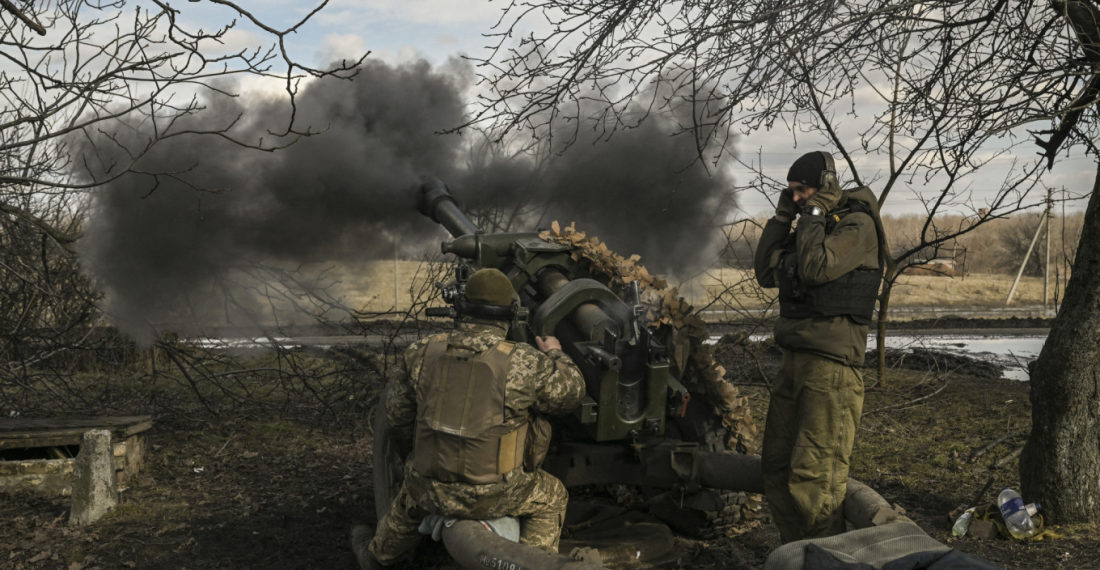In its update on the Russia-Ukraine war released late on Wednesday (15 March), the Washington D.C.-based Institute for the Study of War (ISW) has suggested that Wagner's offensive on Bakhmut is likely "nearing culmination", having thus far failed to take the small industrial town with a pre-war population of 70,000 after some eight months of fighting.
In the update, the ISW said that "Ukrainian military sources have noted a markedly decreased number of attacks in and around Bakhmut, particularly over the last few days." This coincides with the leader of the notorious Russian mercenary group, Yevgeny Prigozhin, having recently emphasised "the toll that a reported lack of ammunition is having on Wagner’s ability to pursue offensives on Bakhmut".
Prigozhin stated on 15 March that due to ammunition shortages and heavy fighting, Wagner has had to expand its encirclement of Bakhmut. This has indeed resulted in Wagner capturing the tiny rural settlement of Zalizianske, 9km northwest of Bakhmut.
The ISW adds however that "recent Wagner gains north of Bakhmut suggest that manpower, artillery, and equipment losses in fights for Bakhmut will likely constrain Wagner’s ability to complete a close encirclement of Bakhmut or gain substantial territory in battles for urban areas."
If Russia and Wagner were indeed to capture the entirety of Bakhmut, analysts have suggested that it would provide little strategic advantage. After months of fighting, the town has been almost completely destroyed.
The expansion of Russia's encirclement of Bakhmut combined with the decrease in the number of attacks suggests that it is "likely" that Wagner’s offensive on Bakhmut "is increasingly nearing culmination", according to the ISW. "Russian forces would likely have to commit significant reserves to prevent this culmination," the report added.
Although Russian forces, as opposed to private Wagner forces, may have the numbers to deploy in the Bakhmut direction, the ISW adds that the Wagner offensive itself will not be sufficient to seize Bakhmut, saying that "Russian forces are not pursuing active or successful offensive operations elsewhere in theater".
The ISW notes that this likely culmination may give Ukraine an "increased opportunity to regain the initiative".






